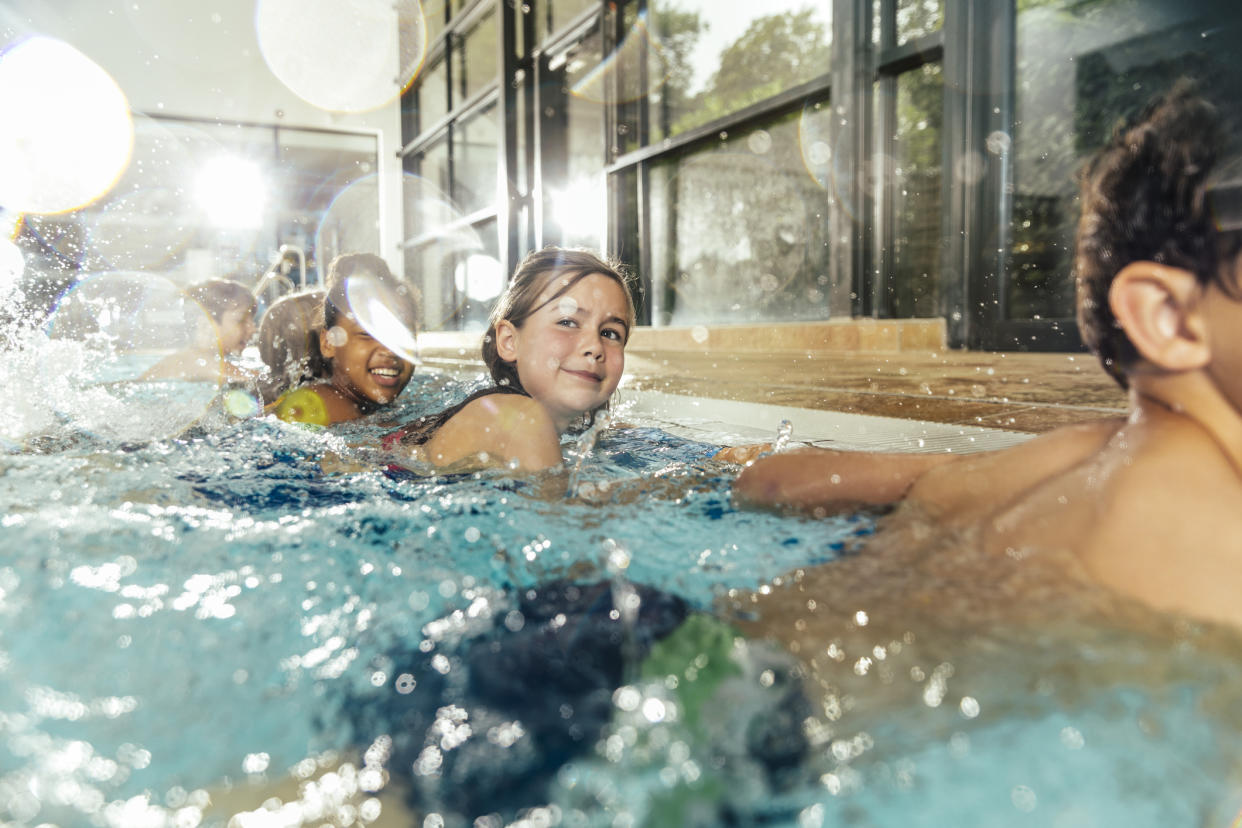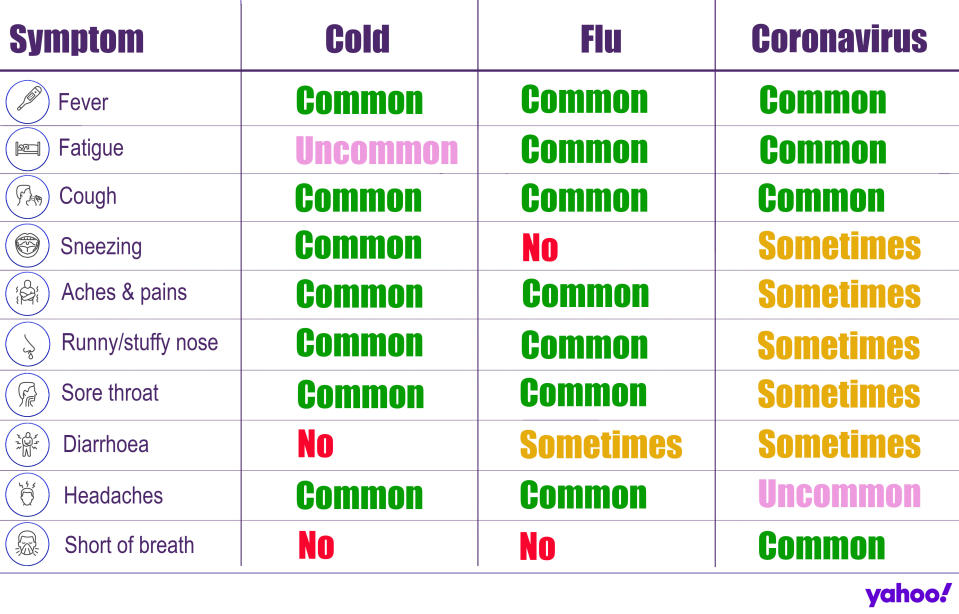Is it safe to go swimming during the coronavirus outbreak?

While schools are not closed, many children’s after-school clubs and activities are currently being affected by coronavirus, leaving parents wondering if it is safe for them and their children to go swimming?
Surprisingly enough swimming pools actually tend to be pretty germ-free thanks to the chemicals used in the water.
But can the virus be transmitted through the pool water?
The Pool Water Treatment and Advisory Group (PWTAG) has issued an updated statement after consulting with Public Health England about the subject following many queries about the safety of pool use during the outbreak.
“We have checked with our national leads who confirm that coronavirus would be inactivated at the levels of chlorine used in swimming pools.
“Public Health opinion is that it is generally safe to go swimming at this time. Water and the chlorine within swimming pools will help to kill the virus.”
Latest coronavirus news, updates and advice
Live: Follow all the latest updates from the UK and around the world
Fact-checker: The number of Covid-19 cases in your local area
Explained: Symptoms, latest advice and how it compares to the flu
While that sounds reassuring, there are other health implications to consider when deciding whether to swim, including mixing with other pool-users.
“Of concern, though, is the interaction that pool users have with each other beyond the swimming activity,” the statement continues.
“The novel coronavirus (COVID-19) situation is evolving and characteristics of the virus are still being determined.”
PWTAG goes on to explain that it is encouraging the management and owners of swimming pools to take hygiene and safety precautions to keep swimmers as safe as possible, including frequent testing of the pool water for pH and disinfectant levels, monthly bacterial tests of pool water, and compliance with guidance in the PWTAG Code of Practice.
Pool owners are also being asked to clean and disinfect frequently touched objects and surfaces in the pool environment, and making sure they are regularly cleansing areas used by the public.

Read more: Coronavirus: How to stay fit and healthy while self-isolating or working from home
Of course, those who do plan to continue using swimming pools can also do their bit to ensure they are being as hygienic as possible.
“Users of swimming pools are directed to shower before entering the pool to remove impurities typically found on bodies, and to shower on leaving the pool,” the statement issued by PWTAG continues.
“They also are directed to observe good public hygiene practices [issued by the NHS].”
The World Health Organization sets chlorination targets at a level much higher than is required to kill viruses like Covid-19.
It recommends a chlorination level of 15mg.min/litre – which is enough to kill most viruses.
The key, the pool experts say, is to ensure you and your children are practicing excellent hygiene before, during and after your swimming session.
That means showering before and after swimming, disinfecting your hands after you’ve touched door handles or your locker and washing your hands thoroughly with soap and water when you get back home.
Read more: How to talk to children about the coronavirus

It could also be worth giving your child’s swimming goggles and swimming hat a thoroughly good clean too.
According to Speedo, you should remove any chlorine or harmful chemicals by gently washing them in lukewarm water. Soap or detergent could impact goggles with an anti-fog coating, however.
Speedo also suggest leave goggles to air-dry in a flat position. “If left wet in your kit bag they’ll most likely grow bacteria and mould,” they add.
It also goes without saying that you should follow Public Health England guidelines and skip swimming completely if you or your children are feeling unwell, have a high temperature or have a new continuous cough.
Of course the coronavirus pandemic is constantly evolving, so it is worth keeping an eye on the latest advice from Swim England and PWTAG before packing the kids’ swim kit.





